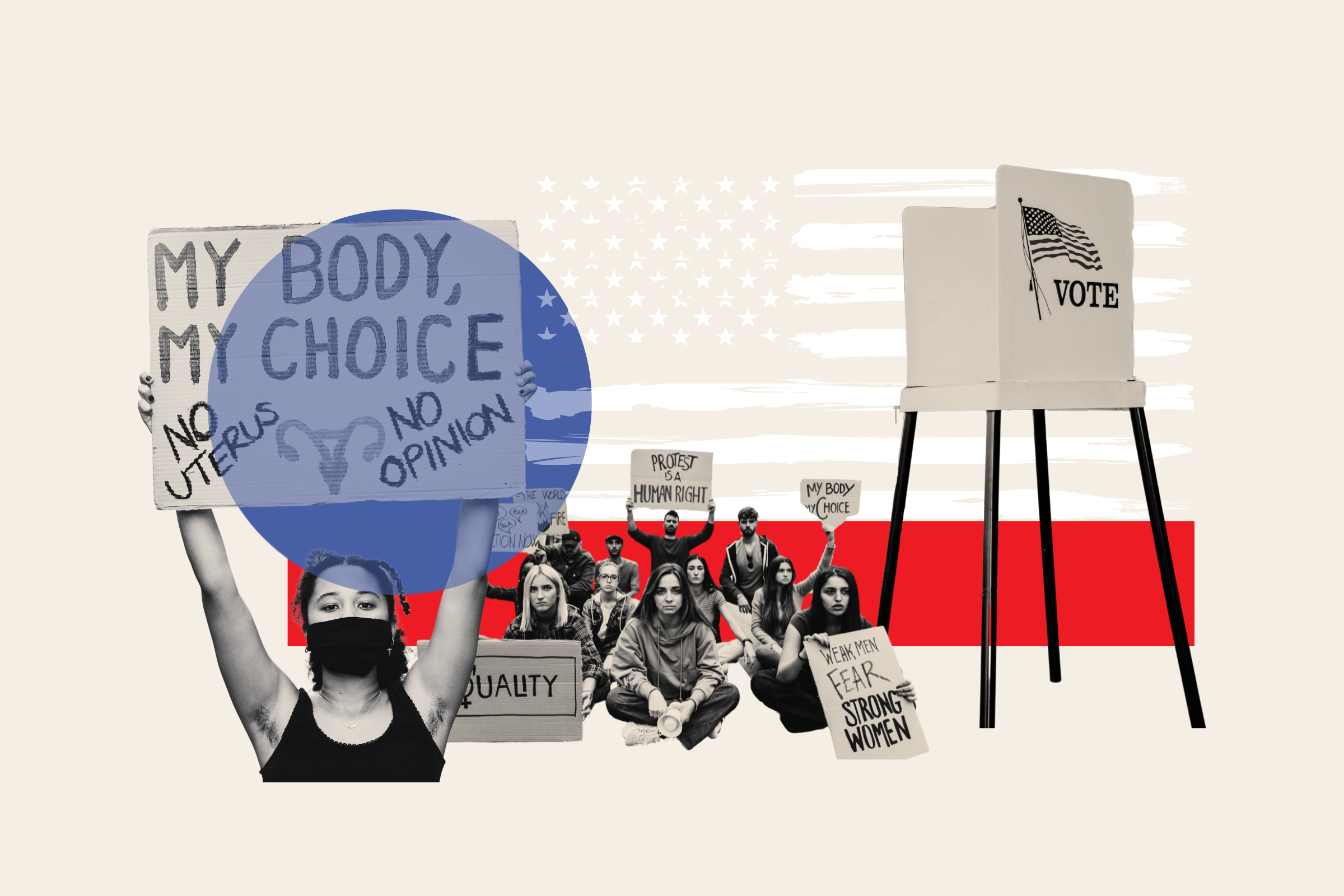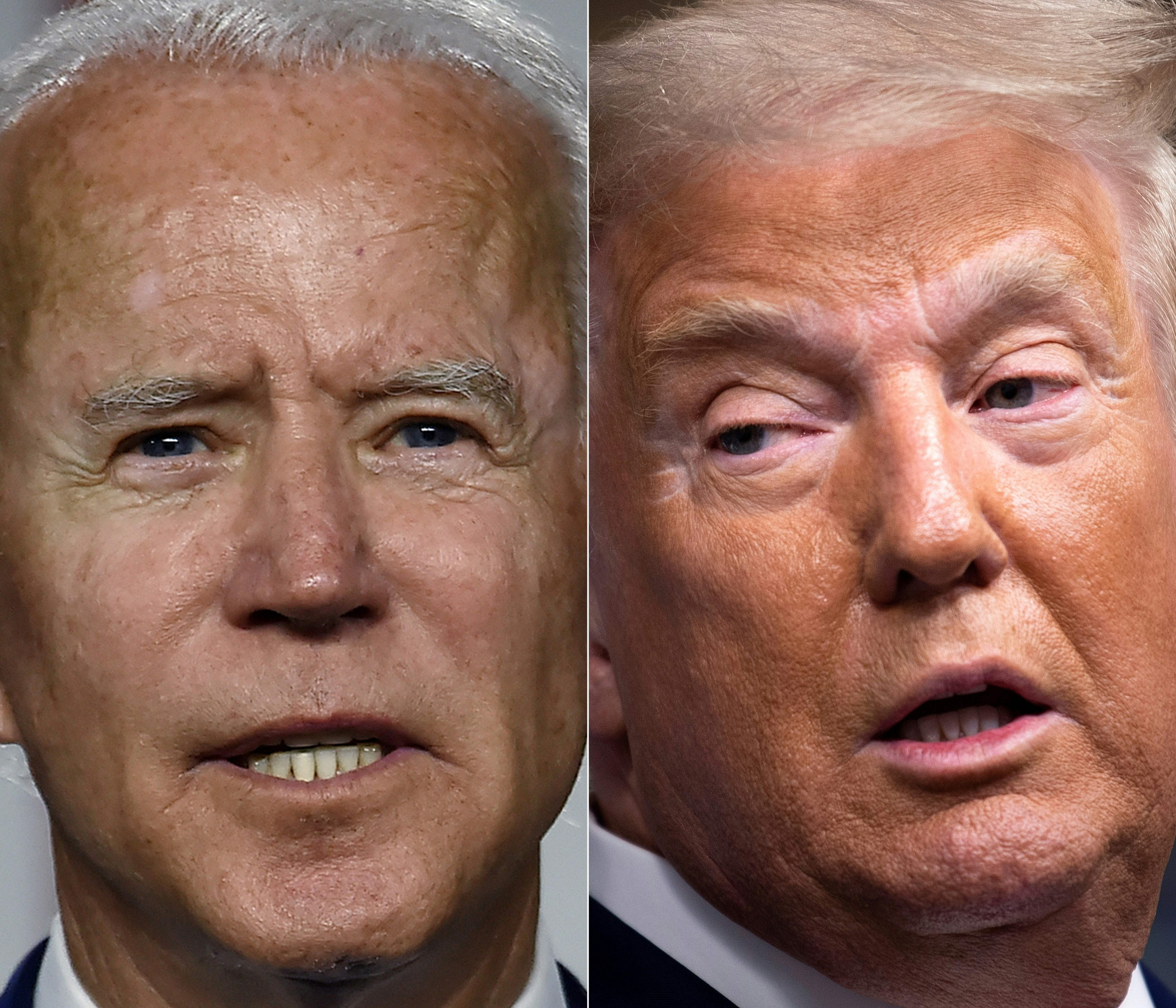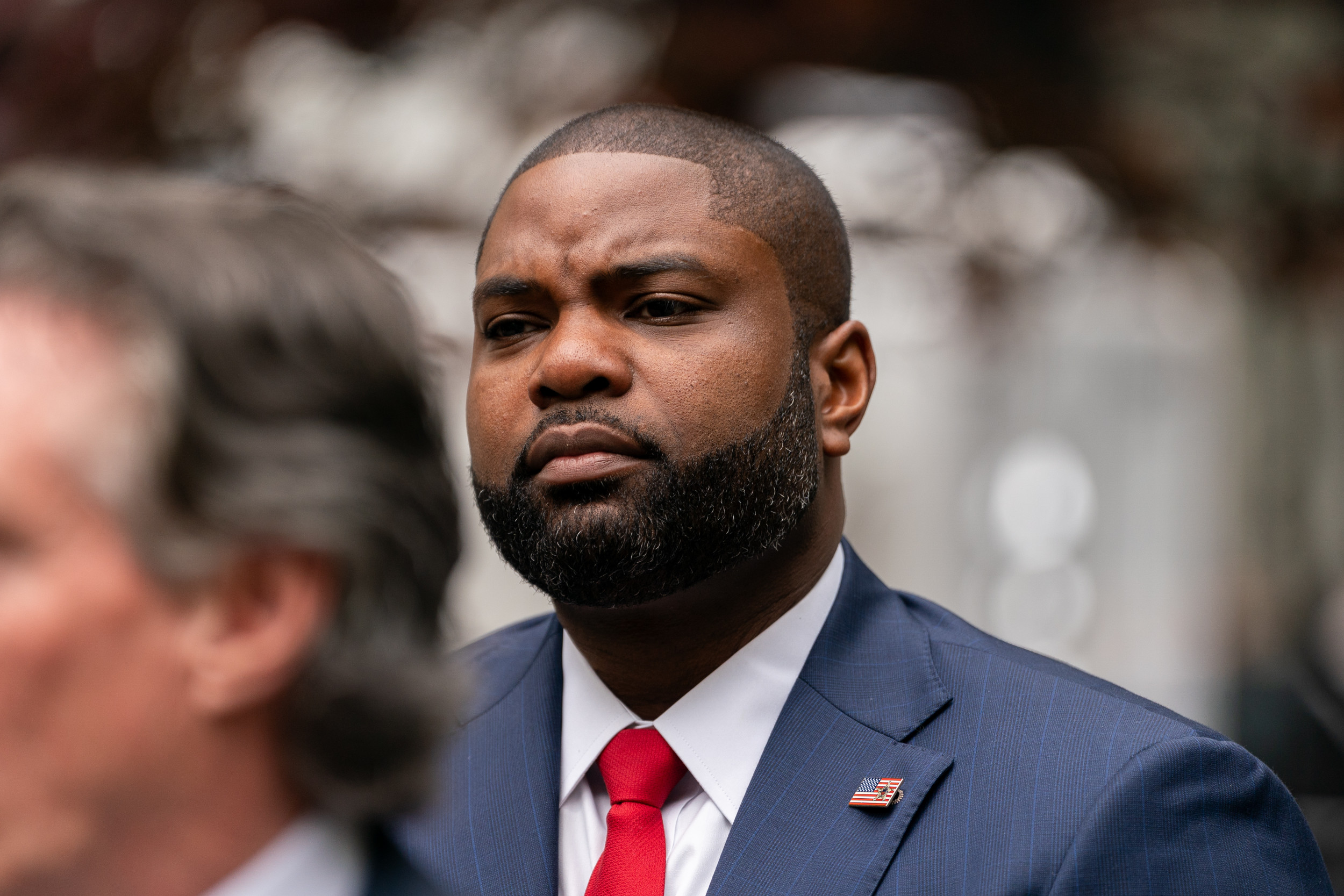Chinese President Xi Jinping recently visited Europe with aims to change the current global order. Although his trip to France got most of the headlines, his trip to the central European nation of Hungary was considerably more interesting.
For the uninitiated, the Hungarian leader is Viktor Orbán, a vocal supporter of China's Belt and Road Initiative (BRI)—a Chinese project to increase international infrastructure in almost 200 countries and organizations. At China's third Belt and Road summit which was held last in October, Orbán was one of only two European heads of state present (the other was Serbian President Aleksandar Vučić—Xi also visited Serbia on his recent European trip).
The Hungarian prime minister is absolutely adored by some of the most vocal conservative commentators in America—people like Tucker Carlson and Rod Dreher—the very same people who never tire of talking about the dangers posed by Beijing and communist dictatorships.
Which begs the question: How can these men square the Orbán-shaped circle?
After all, Carlson has been discussing the threat from Beijing for years. In fact, he has called China America's "top enemy."
"If the enemy of my enemy is my friend, then a friend of my enemy, is my enemy" ... doesn't that make Orbán an enemy of U.S. conservatives, rather than an ally?
To be clear, Orbán is very much a friend of China.
In June 2021, when the European Union (EU) sought to address the Chinese regime's suppression of pro-democracy demonstrations in Hong Kong, the Hungarian government declined to collaborate.
Later this year, Hungary will host the inaugural overseas campus of Fudan University, a highly esteemed Chinese educational institution. It's the Hungarian people who will bear the financial burden of establishing the first-ever Chinese university in Europe. To rub more salt in the wounds of Hungarian citizens, many of whom want nothing to do with China, the new campus is being built at a site that was originally intended to provide affordable housing to students from low-income families.
The Hungarian people are furious. Who can blame them?

"The very fact that a Chinese university is establishing a campus in the EU is a huge milestone, and another sign that China has become a key global competitor in the education industry," Dr. Bence Nemeth, an academic at King's College London, said. Although many countries in Europe are turning their backs on China, Orbán's embrace of Xi is becoming stronger by the day.
The Hungarian government recently granted permission to Chinese police officers to patrol alongside their Hungarian counterparts in Budapest and beyond. Imagine if the United States agreed to something similar? One wonders what Dreher and Carlson would say. In truth, one needn't possess supreme imaginative powers to come to a logical assumption. They would be outraged, and justifiably so. There is a reason to believe that this agreement between Beijing and Budapest will allow the Chinese Communist Party (CCP) to further influence and exert direct control over Chinese communities in Hungary.
At the same time, Hungary and China are collaborating on the mass manufacturing of EV batteries and the development of sophisticated AI technology. In fact, China is now the biggest foreign investor in Hungary—by far.
Orbán isn't the only China-friendly politician that Carlson and Dreher have lavished praise on. There's also Nayib Bukele, a man who Dreher said was—and one assumes, still is—"serious about saving civilization." The president of El Salvador may or may not be serious about "saving civilization," but he is certainly serious about China. Specifically, securing huge investments from China.
Dreher has also been quick to praise Russian President Vladimir Putin, arguably Xi Jinping's closest political ally. In truth, the writer has been praising him for well over a decade. Meanwhile, Carlson recently flew to Russia, sat down for a softball interview with the Russian president, then essentially went around promoting the virtues of living in the world's largest country (the shopping carts, I hear, are incredibly futuristic).
It's not possible to be pro-America, pro-Putin, pro-Bukele, pro-Orbán, and anti-China. It's a disingenuous and deceitful stance. It's akin to being a vegan with a penchant for porterhouse steaks. Viewers of Carlson and readers of Dreher's work deserve better. It's time for both men (and other Orbán sympathizers on the right) to be a little more consistent in their critiques.
The Hungarian is no friend of democracy, and he is no friend of America.
John Mac Ghlionn writes about social issues, technology, and the impact of media manipulation. Follow him @ghlionn.
The views expressed in this article are the writer's own.
Uncommon Knowledge
Newsweek is committed to challenging conventional wisdom and finding connections in the search for common ground.
Newsweek is committed to challenging conventional wisdom and finding connections in the search for common ground.





